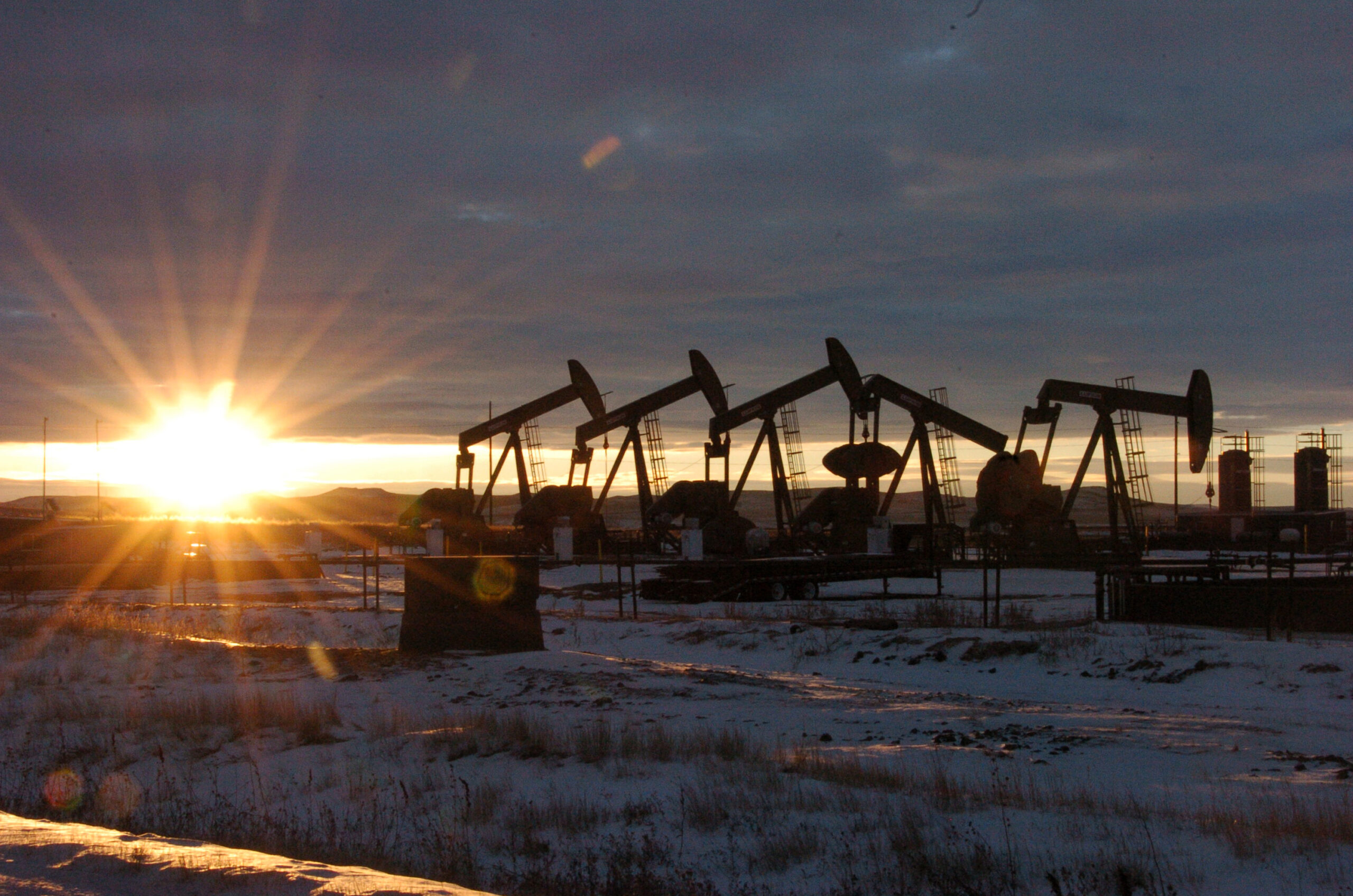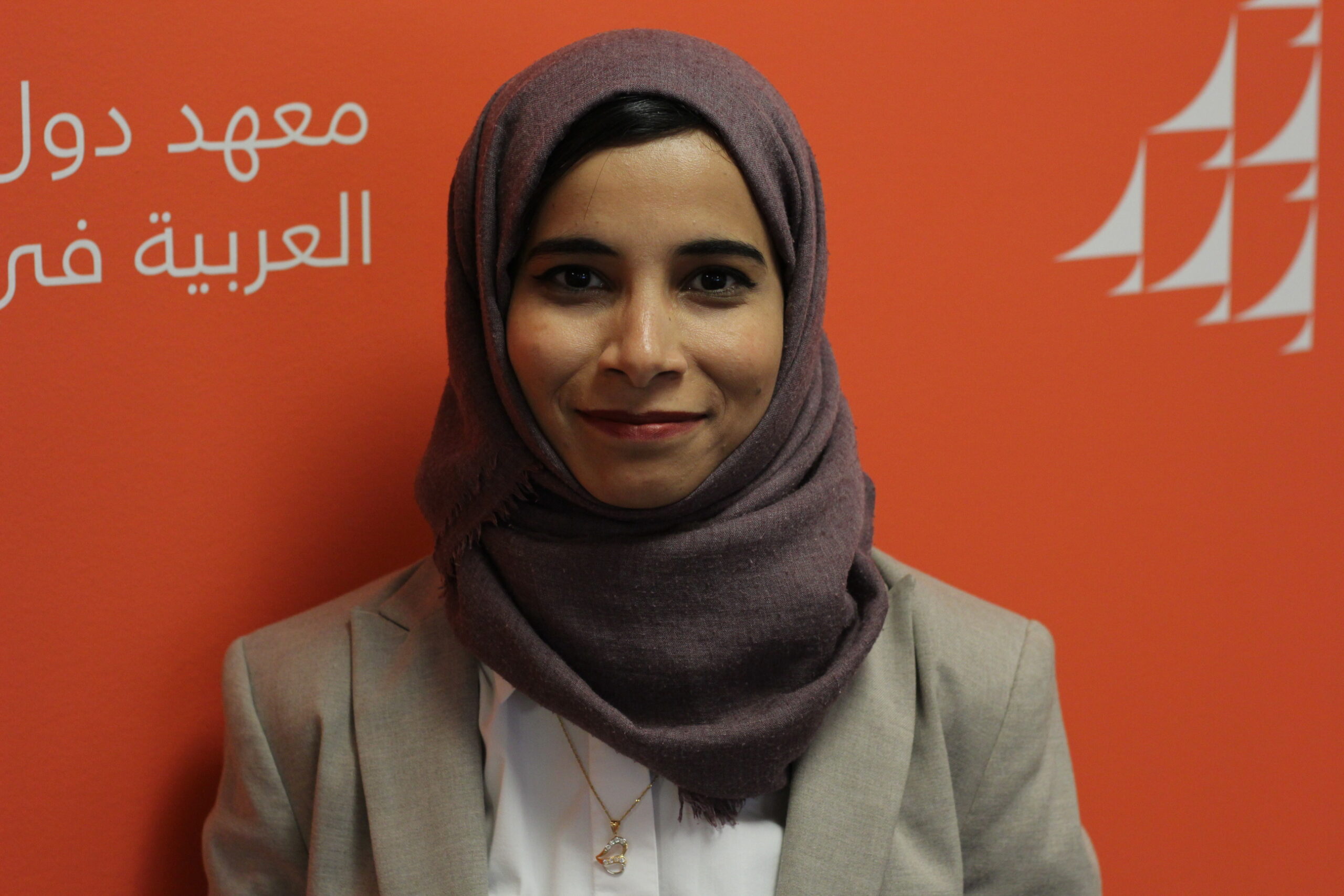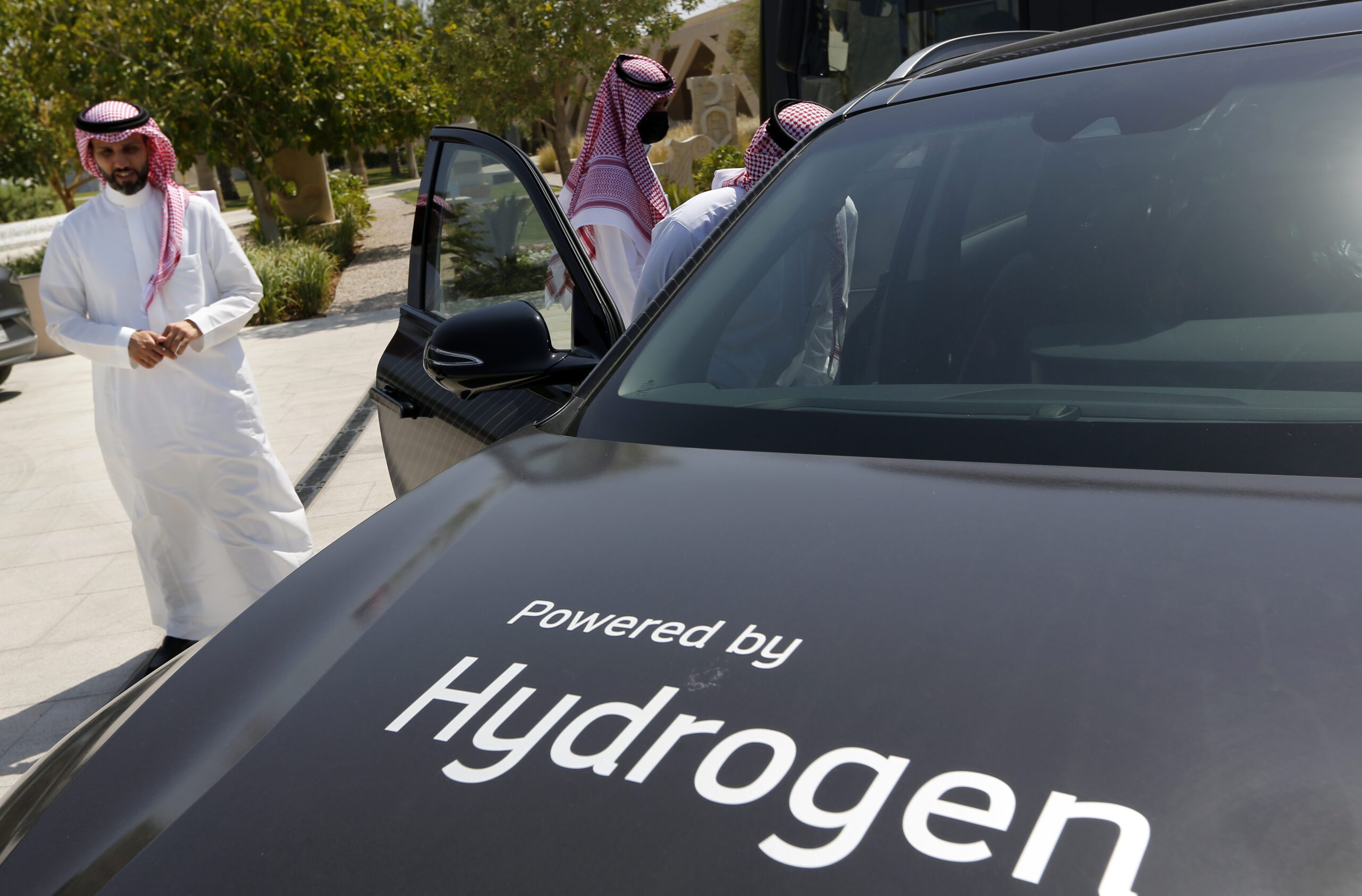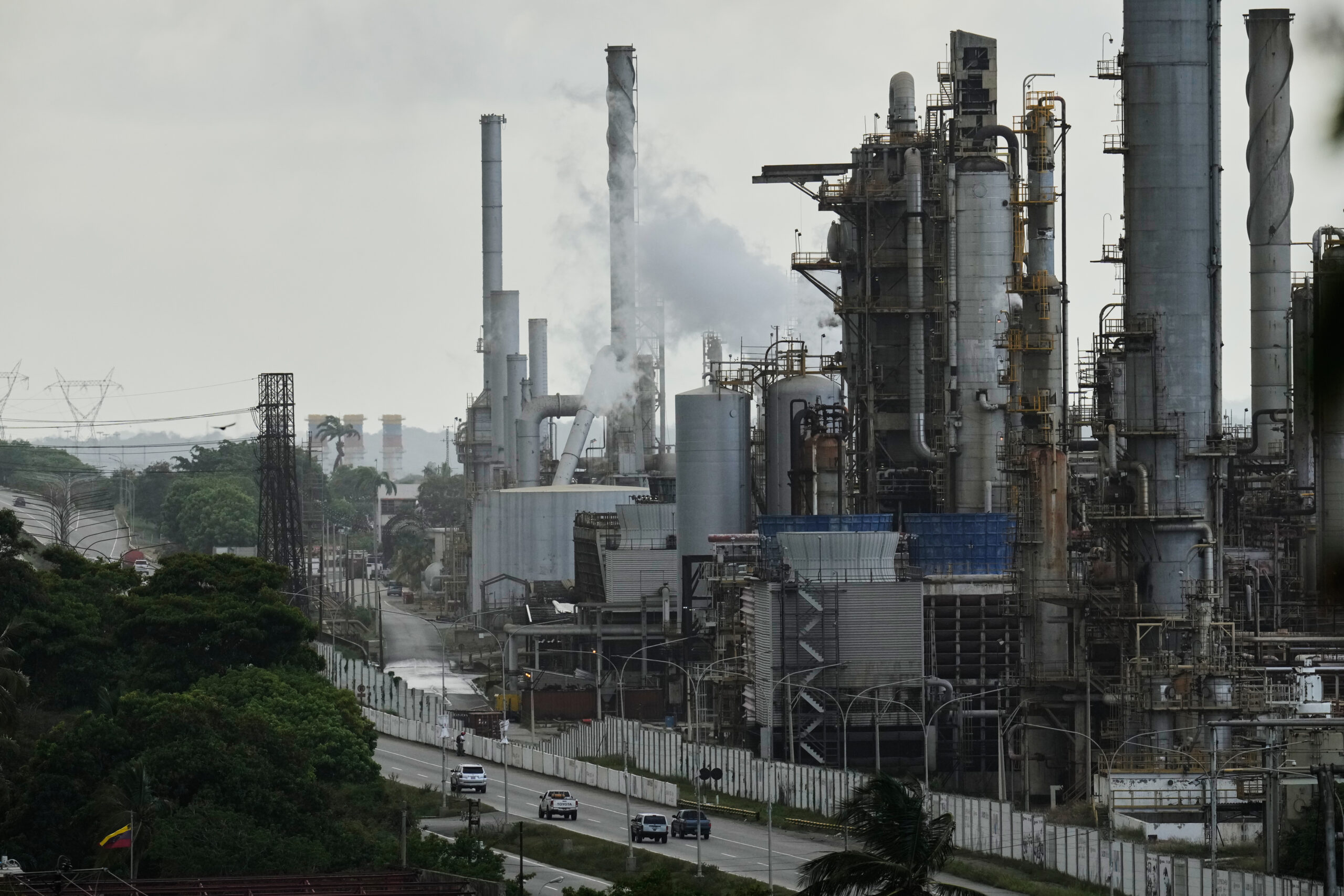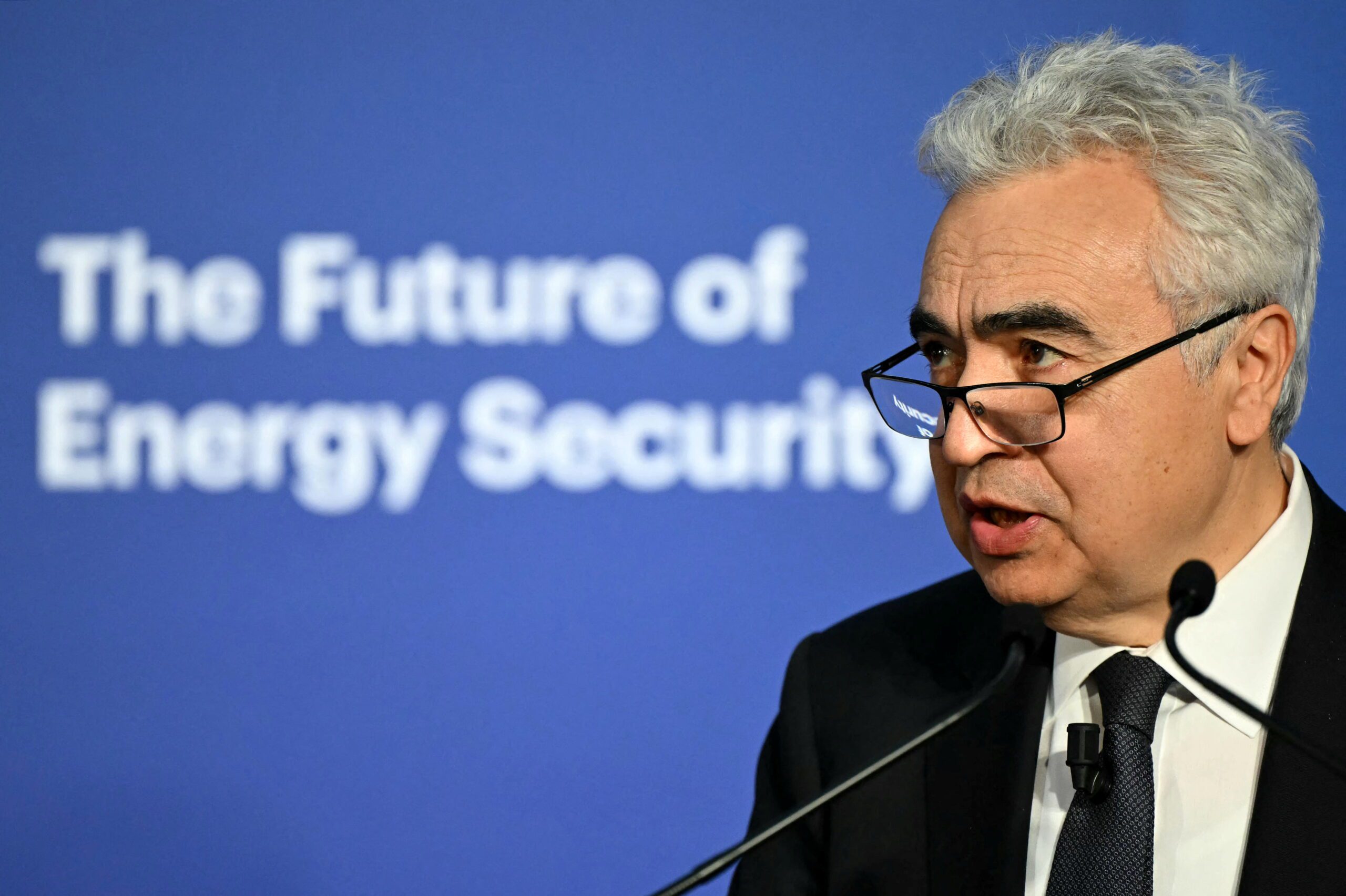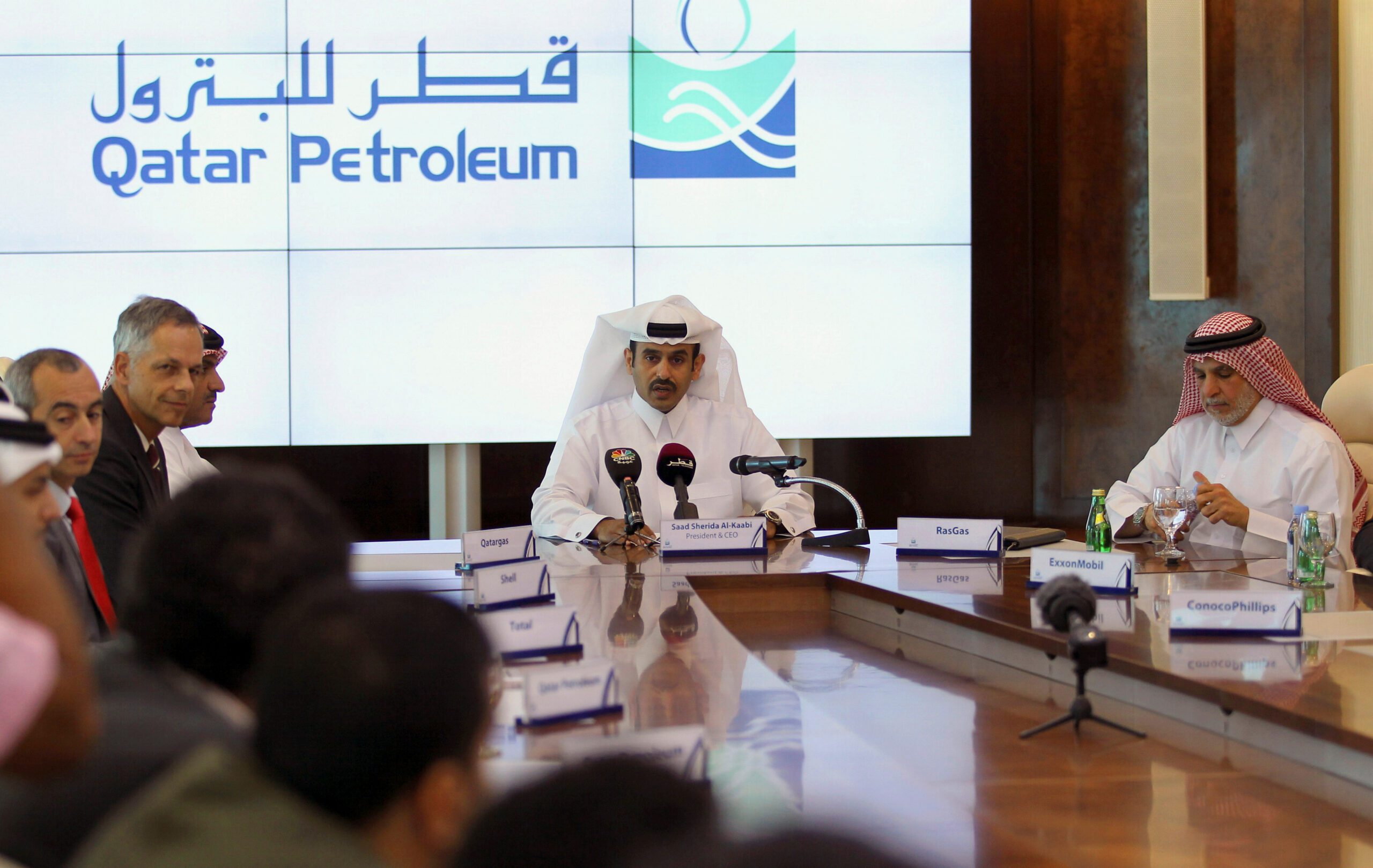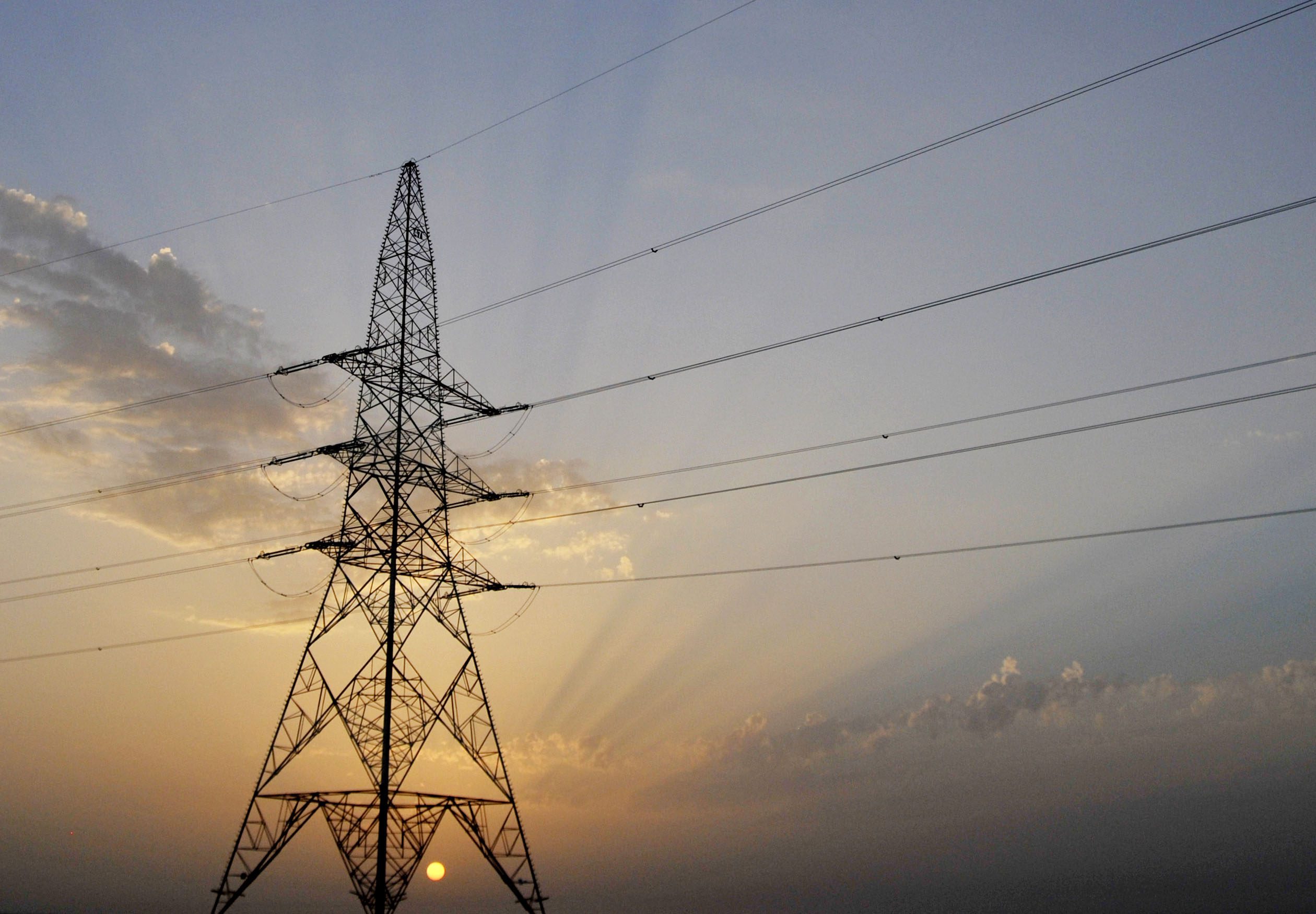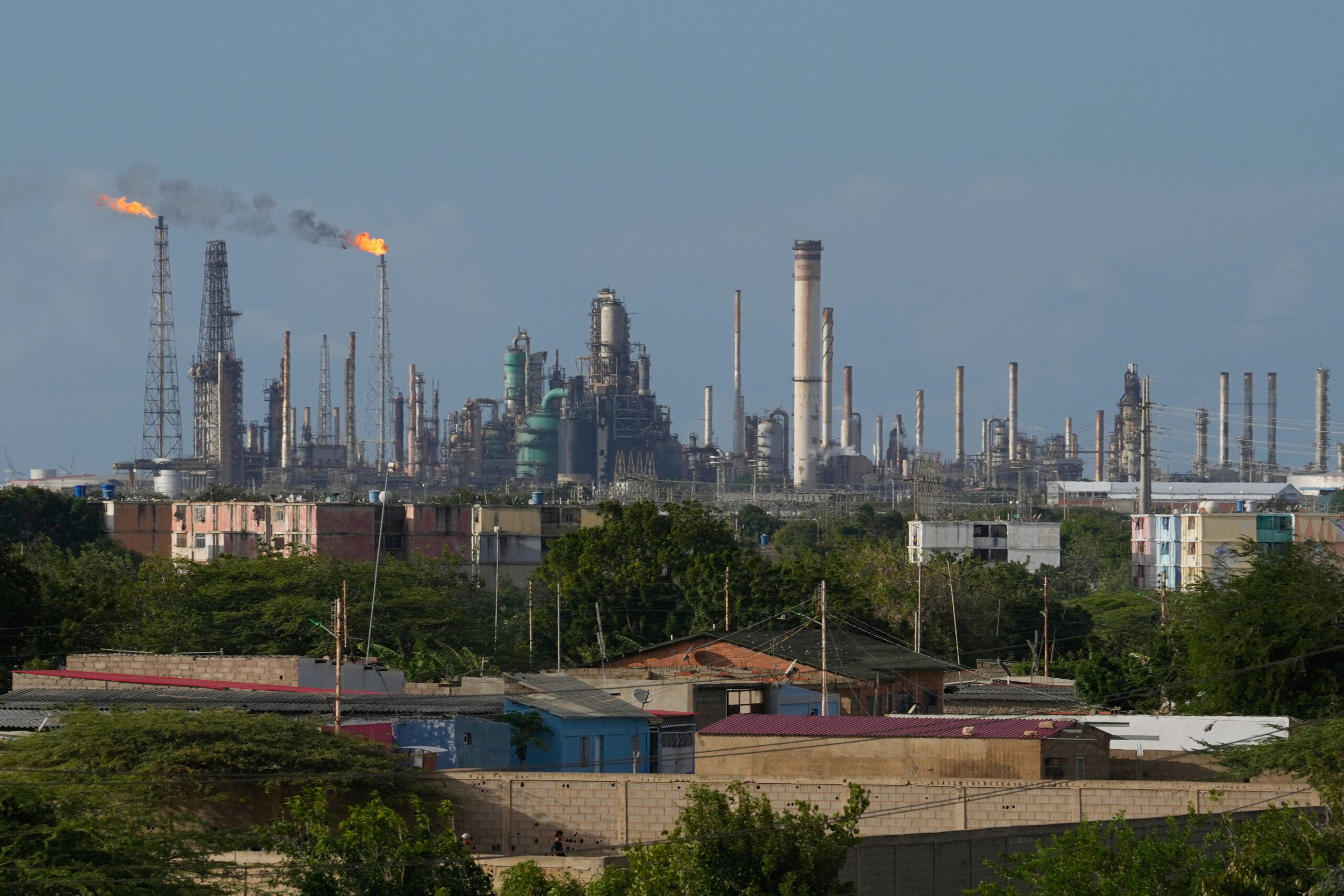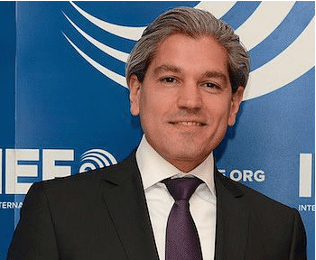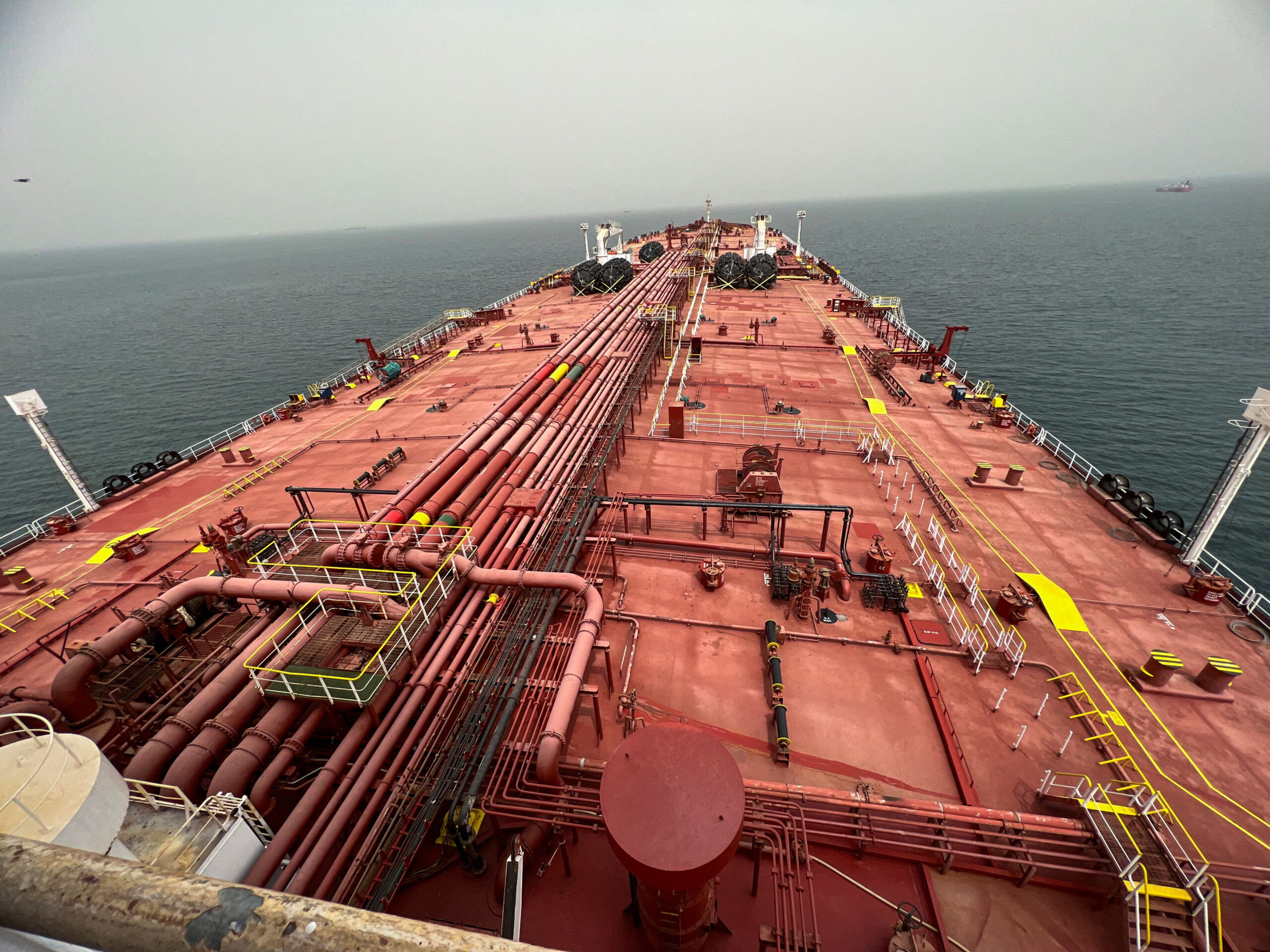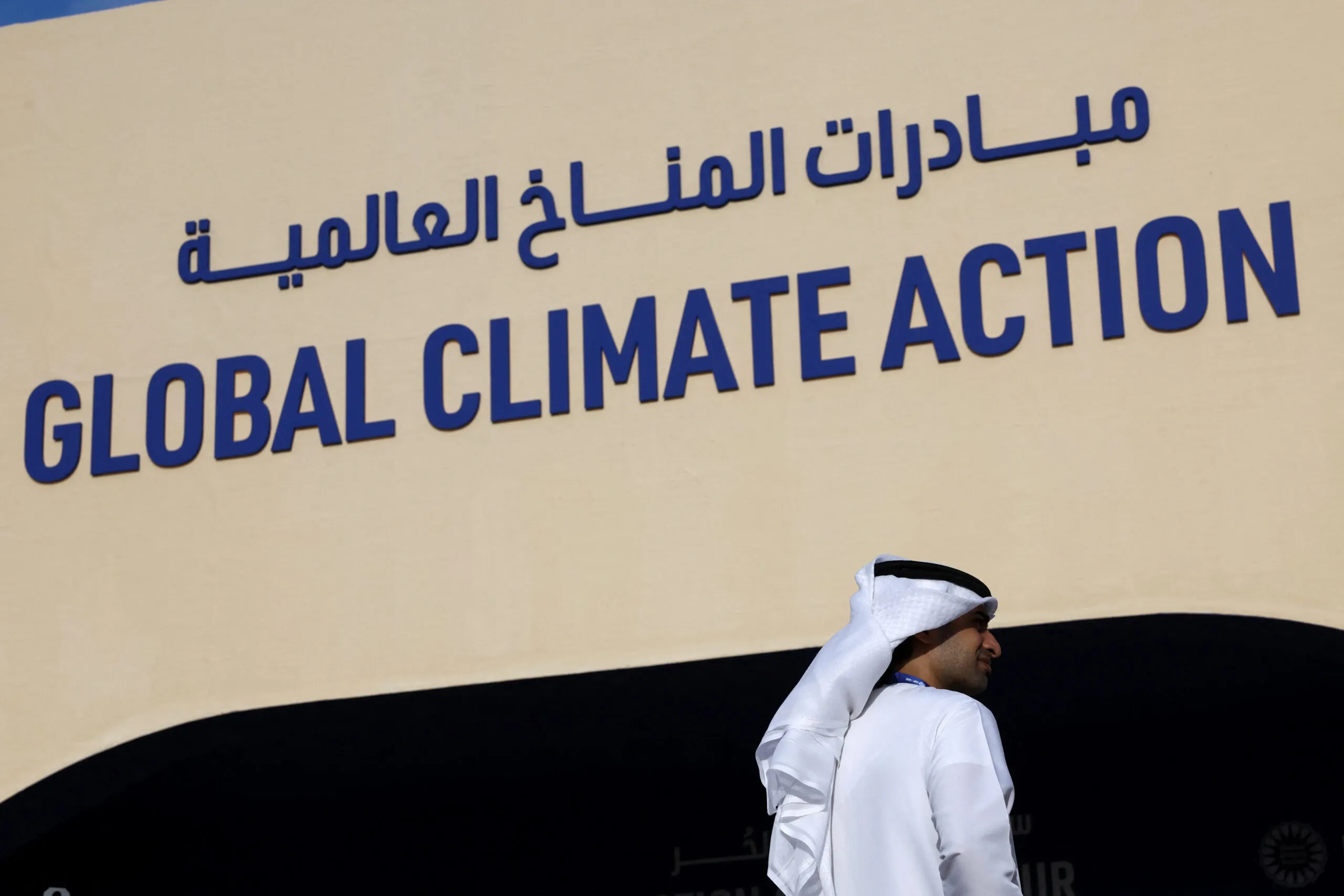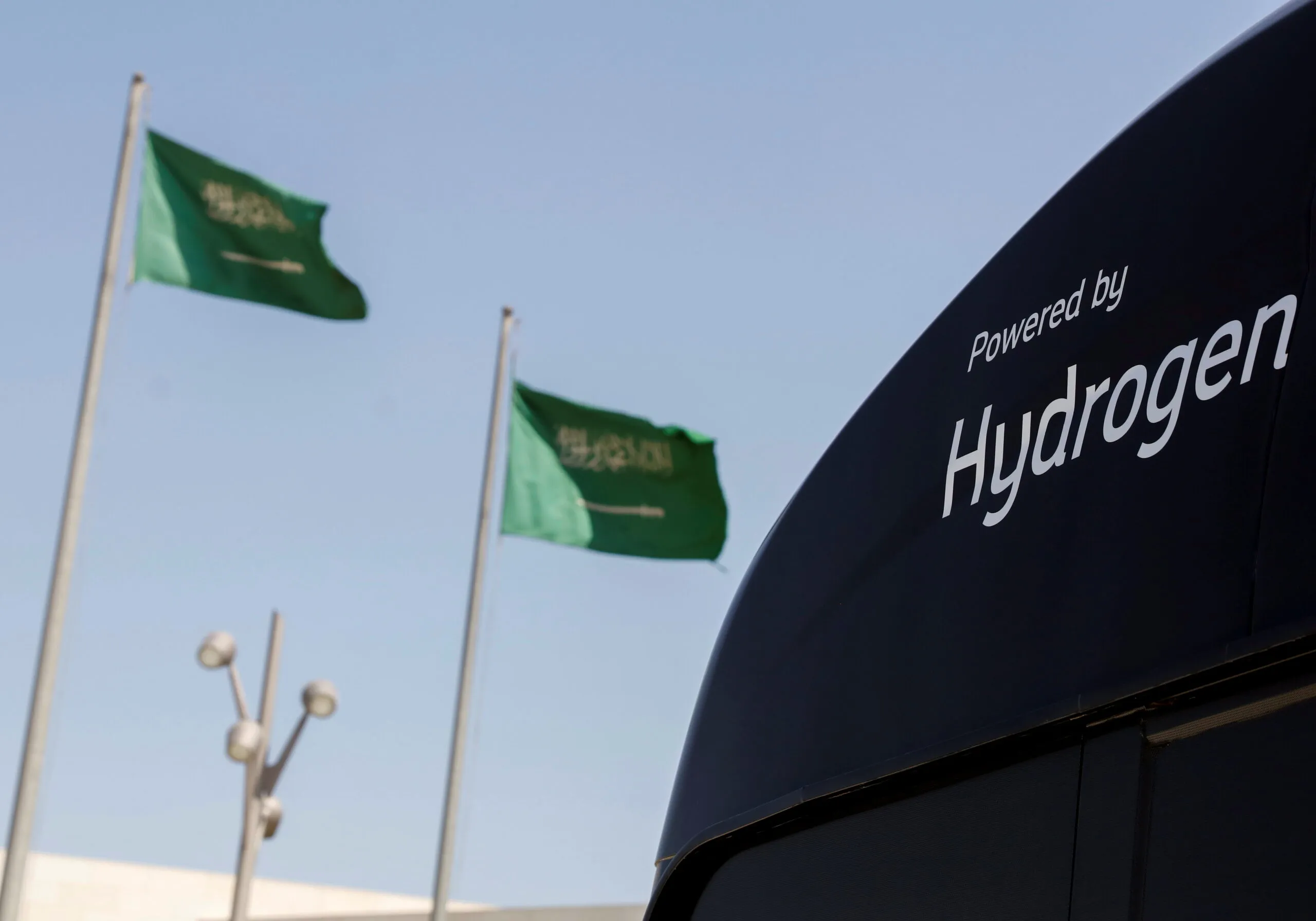Gulf Countries on the Front Line of Energy Security
The conflict in Ukraine has brought about a change in the psychology and geography of the oil and gas markets, and the ramifications will be felt across the energy complex for years.
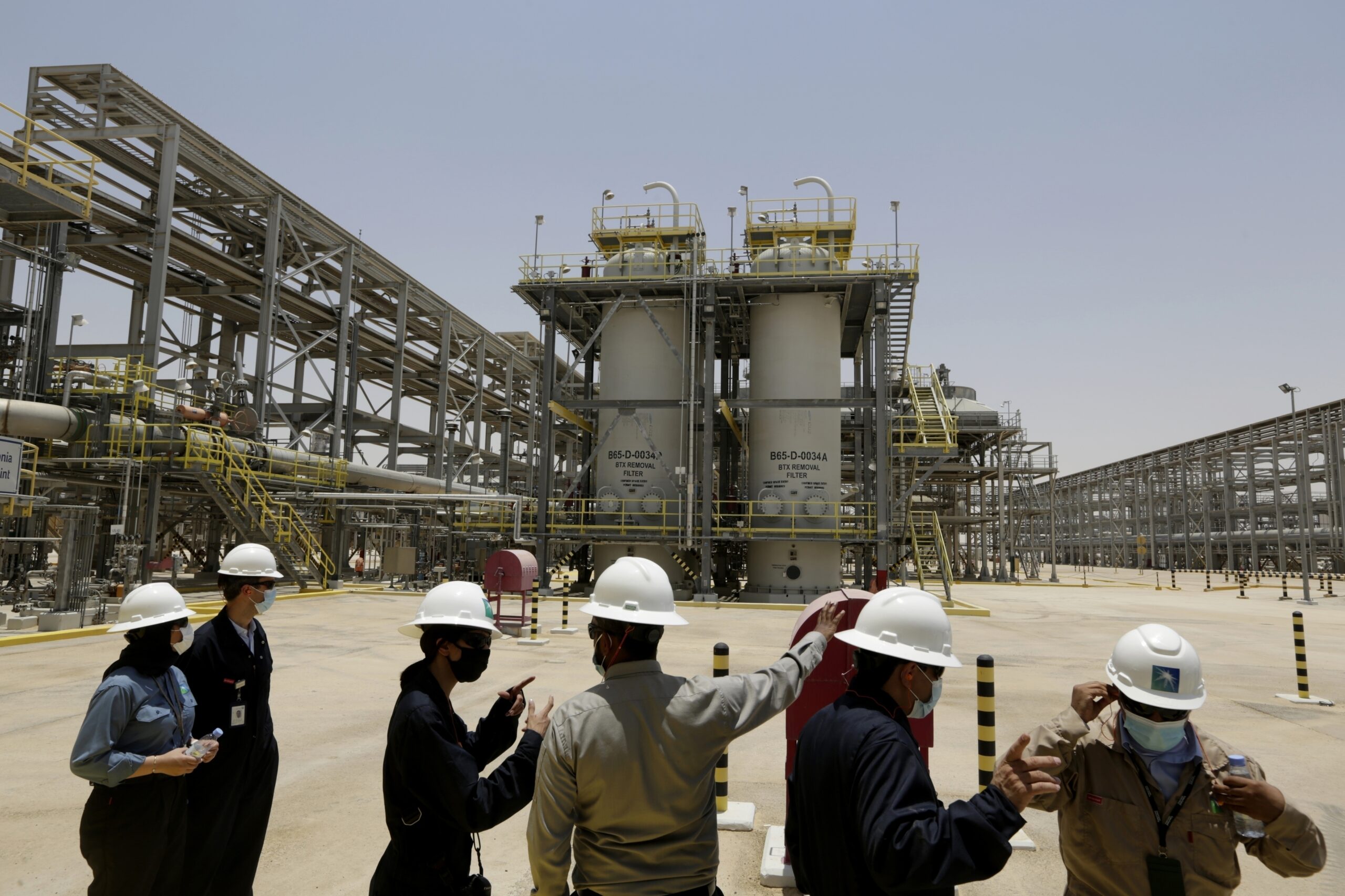
Executive Summary
The energy crisis triggered by the Ukraine crisis is unprecedented in scale and severity. Oil and gas prices soared to near records shortly after the February 24 Russian invasion of Ukraine as a slew of sanctions imposed on Russia wreaked havoc on the global economy. What followed was economic slowdown in the world’s largest economies, while high energy and food prices stoked inflation and prompted fears of a global recession. International Monetary Fund Managing Director Kristalina Georgieva warned in late September that the world’s economic outlook was “gloomy” and could get worse in 2023 if inflation is not brought under control.
The elevated prices of oil and refined products, like gasoline and diesel, in the first half of the year generated buffer revenue for the Arab oil producers and revived the fortunes of the international energy companies. But they inflicted pain and hardship on import-dependent economies around the world. It was a matter of time before a demand response knocked down prices to their lowest levels since January. This price volatility makes it difficult to predict the market’s direction as the year draws to a close amid mounting uncertainty over both supply and demand balances in the months ahead.
About Petro Diplomacy
This paper is the scene setter for the 2022 Petro Diplomacy conference. Now in its eighth year, AGSIW’s Petro Diplomacy conference is a signature annual event that brings together stakeholders in the energy sector of the Gulf Arab states, global supply competitors in North America, analysts, and policymakers to discuss how changes in technology, fiscal priorities, and opportunities for growth continue to alter the relationship between politics and energy for both the region and the world.
The views represented herein are the author's or speaker's own and do not necessarily reflect the views of AGSI, its staff, or its board of directors.

